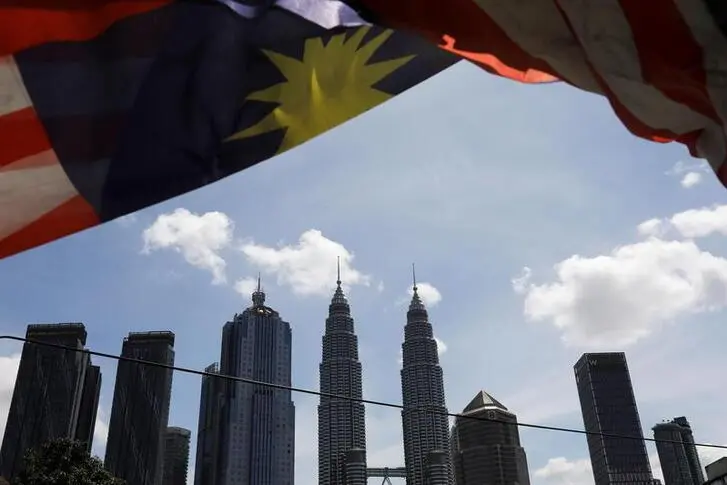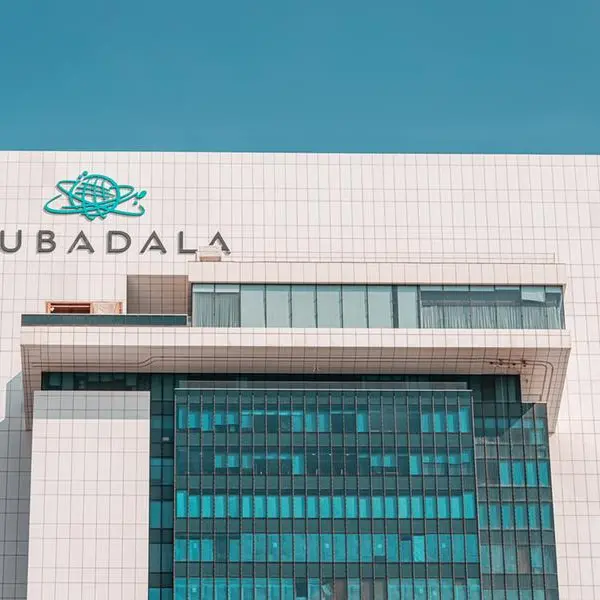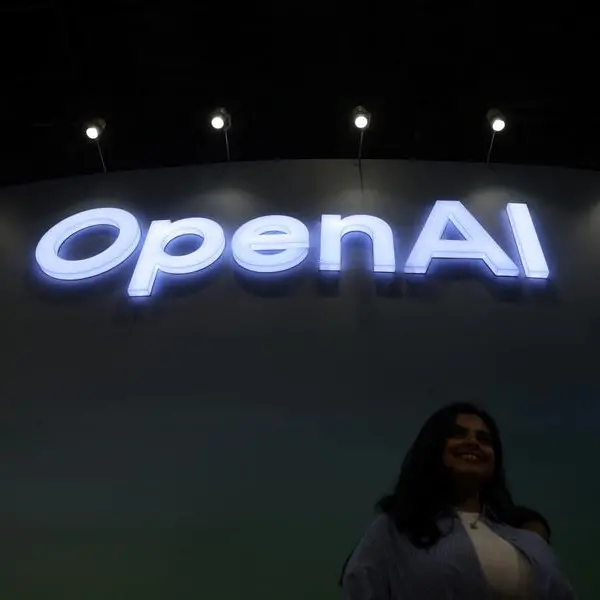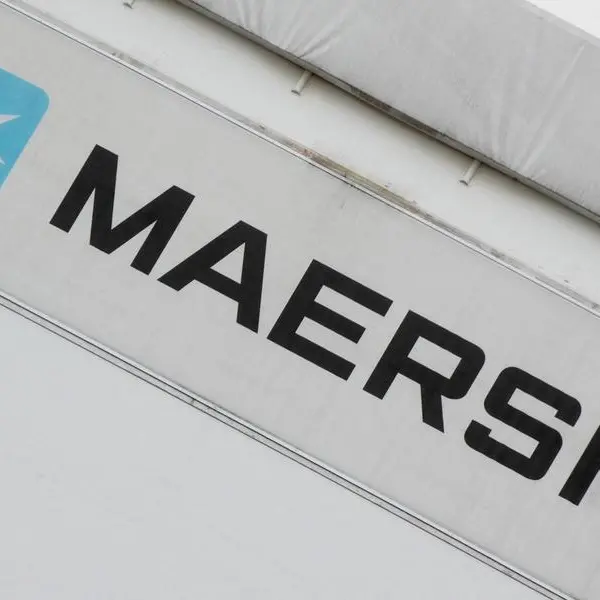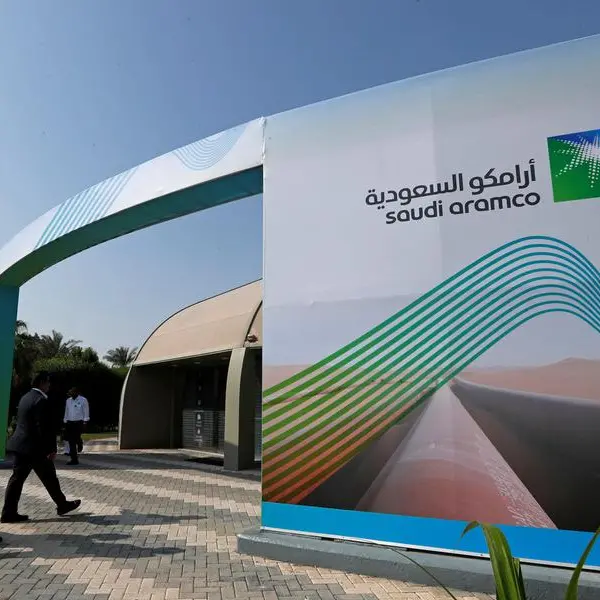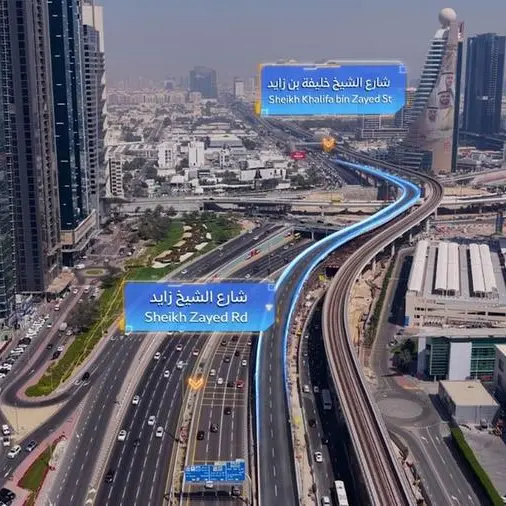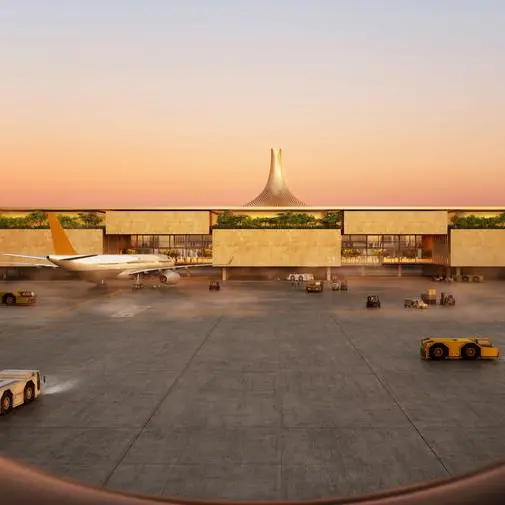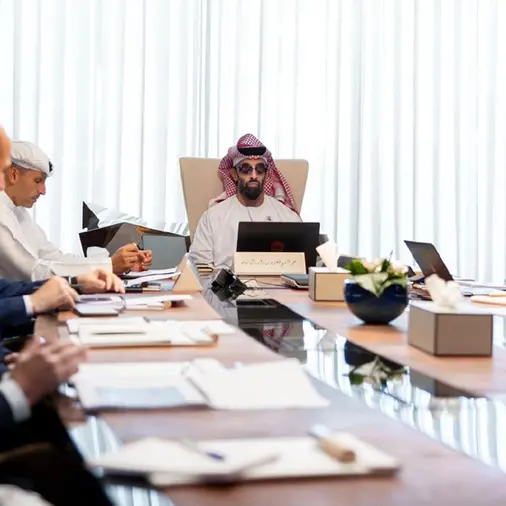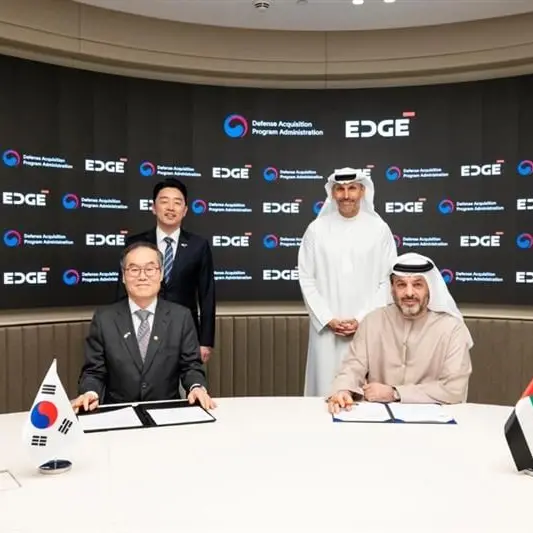PHOTO
Malaysia External Trade Development Corporation (MATRADE), in collaboration with the Ministry of Entrepreneur Development and Cooperatives (MEDAC) and the SME Bank of Malaysia, is organising a trade delegation to the UAE, which involves the participation of 11 companies from multiple sectors.
Held in conjunction with Expo 2020 Dubai, the week-long mission aims to provide opportunities for the SMEs to expand their brands’ presence in the market and establish business partnerships with the UAE and its neighbouring countries of the Middle East and North Africa (MENA).
The mission is led by Mansor Shah Wahid, Director of Central, West, South Asia and Africa Section of MATRADE. The event is quite significant since it leverages on strategic collaborations between various ministries, agencies, foreign embassies and trade industry associations in implementing export-related programmes to create more opportunities for the SMEs in Malaysia.
Using UAE as the entry point to the region
The UAE has become Malaysia's largest trading partner among the GCC/ West Asia region for over the last two decades. In the international arena, both countries share many similar ideals on issues of mutual interest and concerns as well as having cooperated closely in many issues under international organizations such as the United Nations (UN), the Organisation of Islamic Conference (OIC), the Non-Aligned Movement (NAM) and the World Trade Organisation (WTO).
The UAE has maintained an open, free market system with close links to the international economy. Malaysia has signed several trade agreements with the UAE to boost trade and investment including the double taxation agreement to boost economic co-operation between the two countries way back in 1996.
The UAE’s modern infrastructure and port facilities also have allowed it to serve as an important re-export and transportation hub, particularly for the neighbouring region. In addition, it’s friendly trade environment, gateway to the GCC and Middle Eastern countries have always been the top attraction for Malaysian businessmen.
Malaysia’s Trade Performance with the UAE
Despite the challenges the world is facing due to the pandemic, the trade trend is showing progress in 2021 with increase in exports and bilateral trade. In 2021, Malaysia’s total trade with UAE increased by 7.9 per cent to reach $5.38 billion from $4.93 billion in 2020.
Exports to the UAE increased by 24.7 per cent to $2.56 billion from $2.03 billion a year ago. However, imports from UAE saw a slight decline of 3.7 per cent to $2.83 billion in 2020 mainly as a result of decrease in the value of petroleum products exports which account for major share of UAE’s exports to Malaysia.
Despite the small size of population, the UAE has grown into a significant trading partner for Malaysia. In 2021, UAE ranked 16th in the list Malaysia’s top trade partners.
“According to World Bank, the UAE’s economic growth will accelerate this year compared to 2021, growing at 4.6 per cent in 2022 against 2.6 per cent in 2021. Together with the pandemic slowing down and gradual easing of restrictions, we believe this is a great opportunity to forge partnership and find new opportunities,” according to Mansor.
Malaysia’s Major Exports to UAE
Malaysia’s exports to the UAE are primarily electrical and electronic products, jewellery, petroleum products, machinery, equipment and parts, processed food, metal products, palm oil-related products, chemicals and chemical products, rubber products, transport equipment, and textiles.
According to Mansor, in order to accelerate further bilateral trade between Malaysia and UAE, MATRADE encourages more interactions between the business communities from both countries and through participation in trade promotional events. “Business landscape has changed significantly during the pandemic with new opportunities in sectors such as healthcare, IT, retail, etc.”
Middle East region will continue to be an important export destination for palm oil as it has shown consistent growth in consumption of specialty fats due to its nutritional qualities and functional attributes, which palm oil is expected to benefit from this trend. Studies conducted by the Malaysia Palm Oil Council indicated that the UAE palm oil market is expected to reach 400,000 tonnes by 2025, and Malaysia is keen to capitalize on this demand.
With the Malaysian Sustainable Palm Oil (MSPO) certification program, made mandatory since January 1, 2020, this is a unique selling proposition to ensure that Malaysia’s palm oil continues to appeal to the buyers from this region and beyond.
Government Support to SMEs
Malaysian SMEs are the backbone of the national economy, making up 97.2 per cent of overall business establishments and accounting for 38.2 per cent of Malaysia’s GDP.
To prosper abroad, Malaysian SMEs are encouraged to be agile, innovative, and accustomed to transformation. Amidst pandemic, MATRADE as the national trade promotion organisation has pivoted its approach in implementing export promotion and exporters development programmes towards digital culture and sustainability initiatives for the benefits of Malaysian business community. Stepping into digitalisation, MATRADE’s programmes are intensified, and these include, virtual business matching between Malaysian suppliers and foreign importers and online cross border eCommerce promotion.
In pursuit of business expansion, MATRADE continues to assist SMEs to become new exporters and to scale up the existing exporters through various facilitation initiatives, including capacity building programmes, exporters customised programmes and various trade promotion activities, according to Mr. Mansor.
Copyright © 2022 Khaleej Times. All Rights Reserved. Provided by SyndiGate Media Inc. (Syndigate.info).
